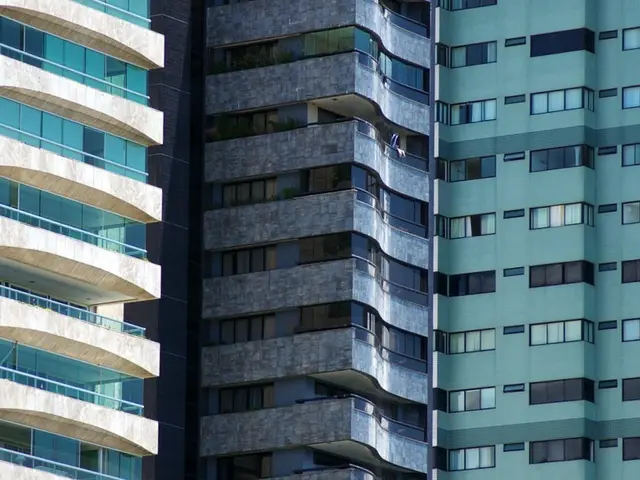RWE Halts 'Green Hydrogen' Project in Namibia Due to Slow Demand
RWE has abandoned its plans for a 'green hydrogen' project in Namibia. The German energy company cited slower-than-anticipated demand for hydrogen and its derivatives in Europe as the reason for its withdrawal.
RWE's decision comes despite the potential of green hydrogen, which is produced using renewable energy to electrolyse water. The project, announced in 2022, aimed to supply up to 300,000 tons of 'green ammonia' annually from 2027. Ammonia, a hydrogen derivative, can be transported by ships, making it a viable export option.
The German government was not involved in the project and did not provide funding. However, Germany's plans to rely heavily on hydrogen from abroad in a climate-neutral economy remain unchanged. The project partner, Enertrag, believes the development of the project remains unaffected in the long term due to the rising demand for green hydrogen and its derivatives. Hydrogen is seen as a crucial element in providing electricity when wind and solar power are insufficient and in reducing carbon dioxide emissions in industries like steel production.
RWE's withdrawal from the Namibia project highlights the challenges in predicting demand for new energy sources. Despite this setback, Germany's commitment to a hydrogen-based future remains firm, with the government and other companies continuing to explore opportunities in the sector.
Read also:
- Republicans advocate Trump's domestic policy plans in Iowa, though some business owners remain skeptic
- Global carbon emissions could lead to a resurgence in coal usage, warns industry analyst
- International discussions on plastic waste management might be shaped by China pledging to reduce plastic production levels.
- Procedure for Granting the Contract Has Been Instigated by the Commission







